
Businesses underestimating the Wi-Fi demand caused by BYOD
Enterprises continue to struggle with Bring Your Own Device (BYOD) as employees continue to demand the freedom that comes with mobility in accordance with new trends. Security has long been discussed as the primary challenge when it comes to BYOD. Yet, other reasons such as network access is fast becoming a key concern for IT departments but also the key frustration for employees.
When it comes to connectivity, employee expectation is that it just works and as such this expectation must not be overlooked when implementing a BYOD roll-out.
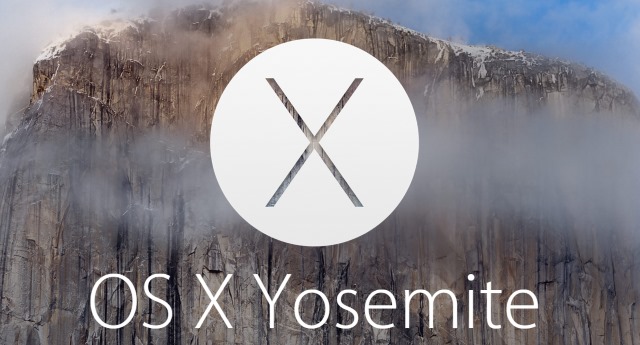
Apple releases OS X Yosemite 10.10.1 update with Wi-Fi and enterprise fixes
It's only a few weeks since Apple launched Yosemite and there's already an update available. Today, Apple pushes out the OS X Yosemite 10.10.1 update to address issues that had been found in the initial release. This is a fairly minor x.1 update, and there are only ten entries in the changelog for most users, while enterprise users have two more updates and additions.
Described -- of course -- as "recommended for all OS X Yosemite users", the update fixes a problem with Time Machine that made older backups invisible. It also addresses issues with the Notification Center, and problems with entering Japanese text. It "improves the stability, compatibility, and security of your Mac".

Darkhotel steals data from traveling executives
Darkhotel sounds like it ought to be one of those budget hotel chains you find on the outskirts of towns -- possibly one built without windows to keep costs down.
In fact researchers at Kaspersky Lab have revealed that it's an espionage campaign, which has been operating for almost a decade, that steals sensitive data from corporate executives traveling abroad.
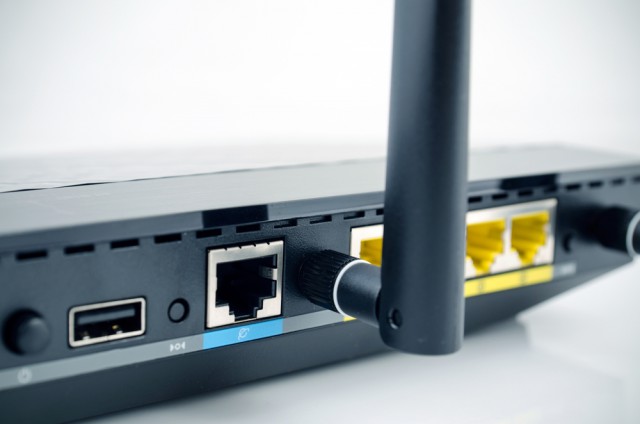
Badly secured routers leave 79 percent of US home networks at risk of attack
As many as four out of five internet-connected households in the US could be at risk of attack through their wireless router.
This is among the findings of a study by security specialist Avast which found that more than half of all home routers are poorly protected using default or easily hacked password combinations such as admin/admin or admin/password.
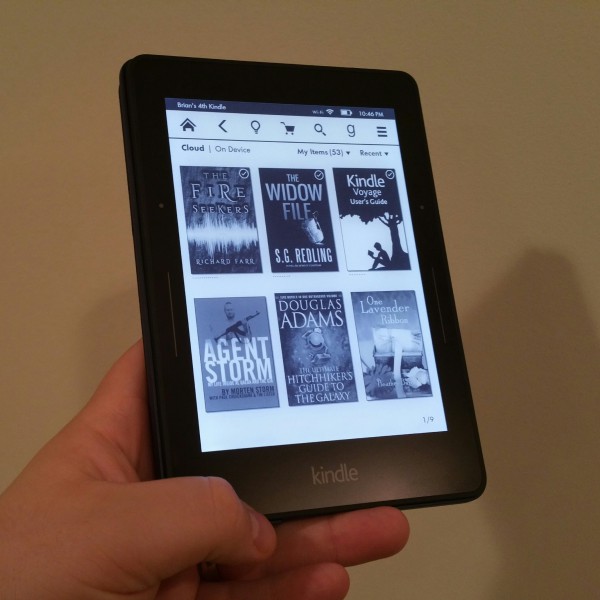
Amazon Kindle Voyage Wi-Fi + free 3G and Leather Origami Cover [Review]
It seems like everyone has a tablet or phablet nowadays. These devices are wonderful as they let you do many things, like listening to music, surfing the web and reading. Yes, you can read a book on an iPad, Nexus 7 or Galaxy Note, but you shouldn't -- your eyes do not want you to. You see, it's debatable, but generally accepted, that back-lit LCD displays can strain eyes and lend to eye fatigue. Also, they tend to have poor readability in bright sunlight.
Amazon solved these dilemmas in 2007 with the original Kindle -- an e-ink based e-reader, that worked well in sunlight and was easy on eyes. Since then, there have been many upgrades to the original design, leading up to the all-new Kindle Voyage. I have been reading many a book on the device and want to share my impressions with you.

XCom takes advantage of Marriott's Wi-Fi debacle, issues security alert
If you happened to miss it, then some background information is in order. The Marriott hotel chain, or actually one branch of it, was caught red-handed blocking Wi-Fi hotspots that its guests brought along on their trip. The hotel giant claimed security reasons, but people didn't buy the excuse. More importantly, the FCC didn't bite on it either.
It seems the Gaylord Opryland Hotel would have preferred customers to pay the exorbitant rates it charges for internet access. The Federal Communications Commission saw things differently and slapped the hotel with a $600,000 fine.

Samsung's new Wi-Fi technology enables 4.6Gbps transfer speeds
It is only natural for Wi-Fi transfer speeds to increase as we are getting closer to the Internet of Things (IoT). The new technology era will see virtually every single thing we can imagine being designed, from the start, to go online. That requires technologies which can cope with the extra load. But since what we have now is seemingly not good enough, Samsung, being heavily invested in IoT, has decided to take matters into its own hands.
As it works towards bringing its Smart Home concept to fruition, which is an integral part of its IoT plans, Samsung announces today that the new Wi-Fi technology it has developed, formally known as 802.11ad, will enable transfer speeds of up to 4.6 Gbs (575 MBps). In plain English it means that a 1 GB file will be downloaded in less than two seconds.
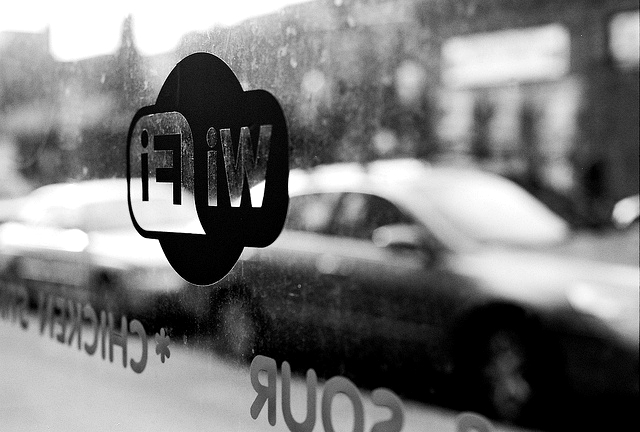
Hand over your child and get free Wi-Fi
A handful of London residents unwittingly agreed to give up their first-born child when signing in to a public Wi-Fi hot spot as part of an experiment carried out by the Cyber Security Research Institute.
A "Herod clause" was included in the T's and C's, which promised free Wi-Fi if "the recipient agreed to assign their first born child to us for the duration of eternity".

802.11ac Wi-Fi adoption is growing -- D-Link, NETGEAR, and Cisco lead the way
Whenever something in tech is new, I generally get pretty excited about it. In other words, I tend to be an early adopter. Unfortunately, upgrading to the latest and greatest is not necessarily worth the cost; sometimes throwing money at things isn't the best option. I remember upgrading my optical burners at every single small increase in speed. Ultimately, I probably wasted thousands of dollars to save myself seconds in CD and DVD burning. So why did I do it? Other than stupidity, we nerds like to brag about our computers. Hell, even on IRC (Internet Relay Chat), where no one can even validate your claims, it is fun to boast about new PC components.
Wi-Fi can be a rather tricky subject when it comes to upgrades; sometimes it is worth upgrading to a new standard and sometimes not. You see, it really depends on what you are doing. If you are simply using Wi-Fi to connect to the internet, a faster router and card won't make a difference if it is exceeding the speed that your ISP supplies. It does make sense however, if you are sharing files with a home network or streaming from a desktop to a media box. Currently, the best home wireless gear you can get is 802.11ac, and that standard starting to grow in adoption. According to ABI Research, by the end of 2014, the amount of worldwide access points is predicted to reach over 176 million, and 18 percent will be 802.11ac.
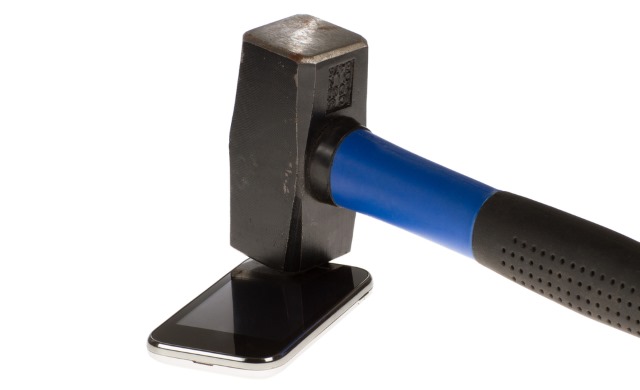
T-Mobile brings free Wi-Fi calling to its customers, and it's terrible news
At its seventh Uncarrier event in San Francisco, T-Mobile unveiled plans to clutter up the internet for everyone -- T-Mobile customers and non-T-Mobile customers alike. On the face of it, things sound great. The T-Mobile Personal CellSpot offers free Wi-Fi calling and "fast data". The Cellspot is essentially a router which can be yours for a deposit of $25 but the difference is that it has been tweaked so that it prioritizes HD Wi-Fi calls over other traffic on the network. If you live in an area with poor mobile reception -- which can be just as frustrating as having to put up with a terrible internet connection -- this might sound like wonderful news, but when you look at the bigger picture, it is really such good news?
Let's try to ignore the fact that in order to get hold of one of the Personal CellSpots, you need to stump up a refundable deposit -- whoever heard of renting their router? -- and ask the first question: who actually needs "HD" phone calls? Pictures are HD, and there really have been very few complaints about the overall quality of voice calls on mobiles over the years. This is just gimmicky and inefficient. T-Mobile CMO Mike Sievert indicated that customers would enjoy the portability of the device -- easy to take on the road and set up anywhere. But how many people take a router away with them? Is this really going to become the norm?
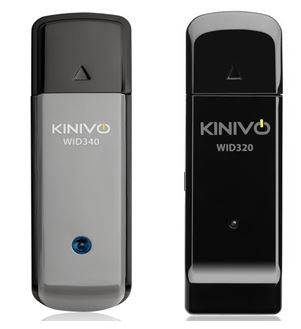
Kinivo releases a pair of inexpensive Linux-friendly USB wireless adapters
Nowadays, if you buy a laptop, it will have a built-in wireless card (desktops; not always). For the most part, these integrated cards work well -- on Windows. You see, most manufacturers build their machines with only Windows in mind. If you only use Microsoft's operating system, you should be golden. However, for nerds that like Linux (including myself), nonexistent or problematic wireless drivers can be an absolute nightmare.
This is why I recommend a USB wireless adapter to every Linux user; you never know when you may need it as permanent or temporary internet solution. Unfortunately, not all USB adapters work with Linux out of the box, so the model you choose matters. Today, Kinivo releases two USB wireless adapters that are promised to work with Linux-based operating systems.

Happy 15th Birthday, Wi-Fi! Thanks for letting us surf the web on the toilet
Wireless access points are basically magic. Well, it is actually science, but to early users, it was like something out of a fantasy. When I worked at CompUSA, people would buy a router and laptop and seem unable to grasp the concept of internet being everywhere in their home, including the front porch. Don't forget, at the time, we were not far beyond the days of dial-up and widespread AOL use.
Today, Wi-Fi is second nature to many people -- it is an expectation and no longer an interesting invention. This is no different than other mind-boggling technologies that turned mainstream, like the refrigerator or television. Today, the Wi-Fi Alliance celebrates 15 years of Wi-Fi; this technology deserves praise and thanks from all internet users. Hell, I love that I can access Netflix and my favorite websites while sitting on the toilet.

Is a lack of Wi-Fi truly good for business?
As the world packs its bags and forms an orderly queue in crowded departure zones, the plethora of smartphones, tablets and laptops coming along with us, highlights a need to stay connected on holiday. This is the age of the connected consumer. As travel surveys and online review sites repeatedly confirm, the most important amenity for the connected consumer is Wi-Fi.
Whether venues like it or not, wireless internet access is now as important to customers as electricity, or water in the bathroom, and for many more important than a clean room or a brilliant hotel restaurant.
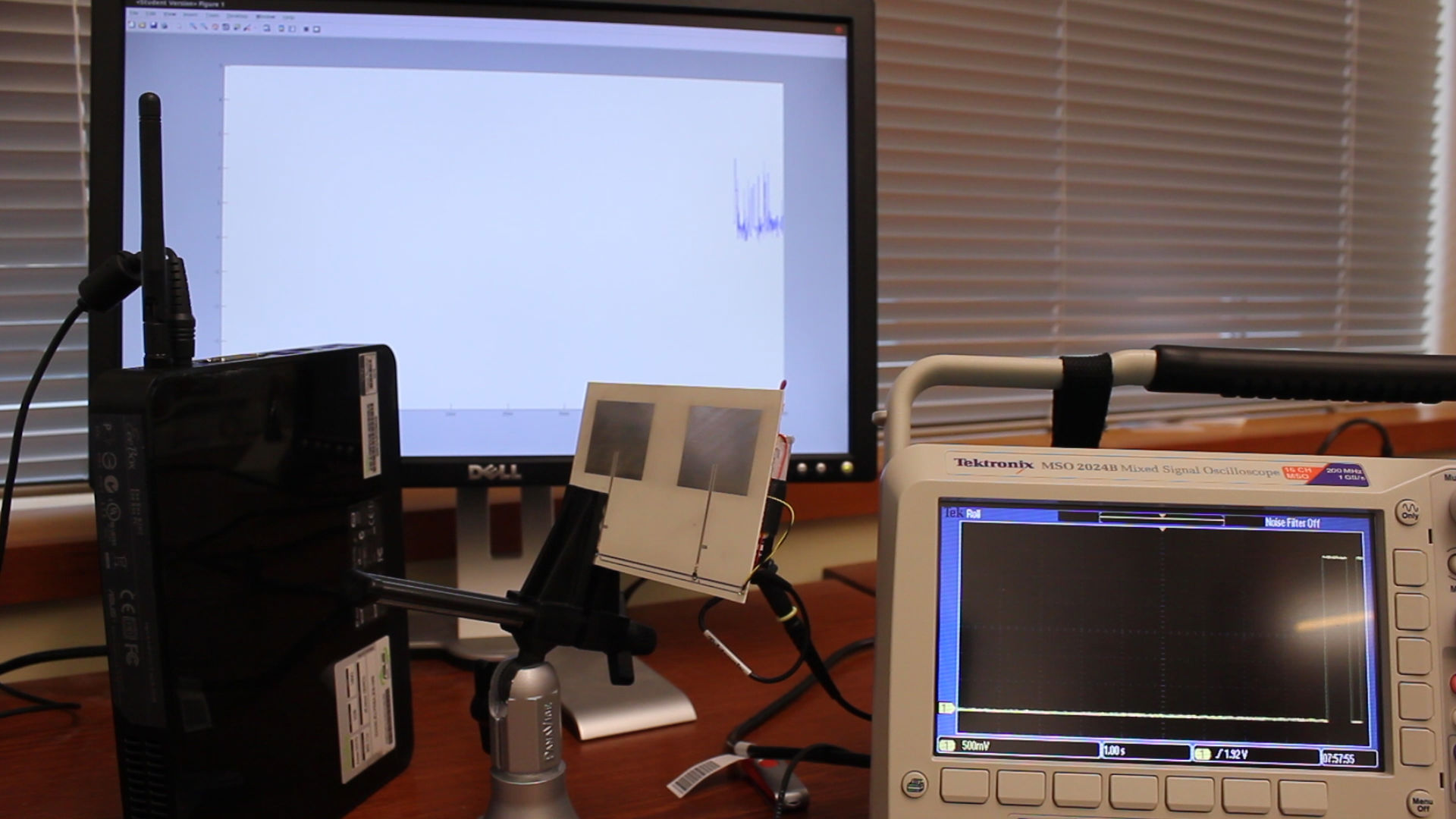
Wireless devices that don’t require any batteries
Smart devices that lack a battery or wire connection but can still send data over Wi-Fi, have been created by computer scientists.
Experts from the University of Washington have developed a way of using radio frequency (RF) signals as a power source for smart devices and reusing existing Wi-Fi infrastructure to provide connectivity to them.

Surface Pro 3 users -- Microsoft will fix your Wi-Fi woes tomorrow (maybe)
The Surface Pro 3 is quite possibly my favorite computer of all time. This is quite the amazing declaration, as I have used many. Besides its usability and high-end power, it is an awe-inspiring example of engineering. The fact that Microsoft has crammed all of that high-end tech into such a svelte chassis is nothing short of amazing.
As great as the hardware is, all is not roses. Unfortunately, there has been a plague of Wi-Fi bugs to impact users. Bugs can be commonplace on new hardware, so this is not a massive scandal by any means. However, it is disappointing to the Microsoft-faithful who invested big money to get their hands on the unique hybrid computer. Problems with an internet connection is one of the most maddening, hair-pulling issues that there is. Luckily, the disappointment will be short lived -- the company will be fixing it tomorrow -- for some users at least.